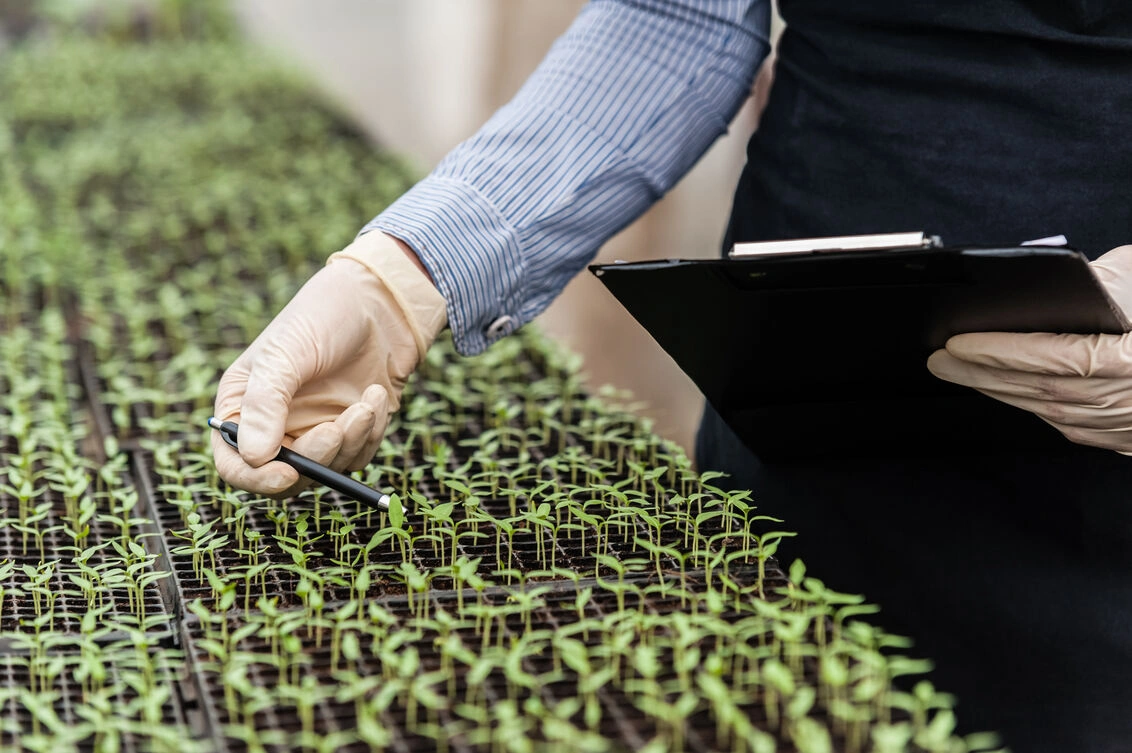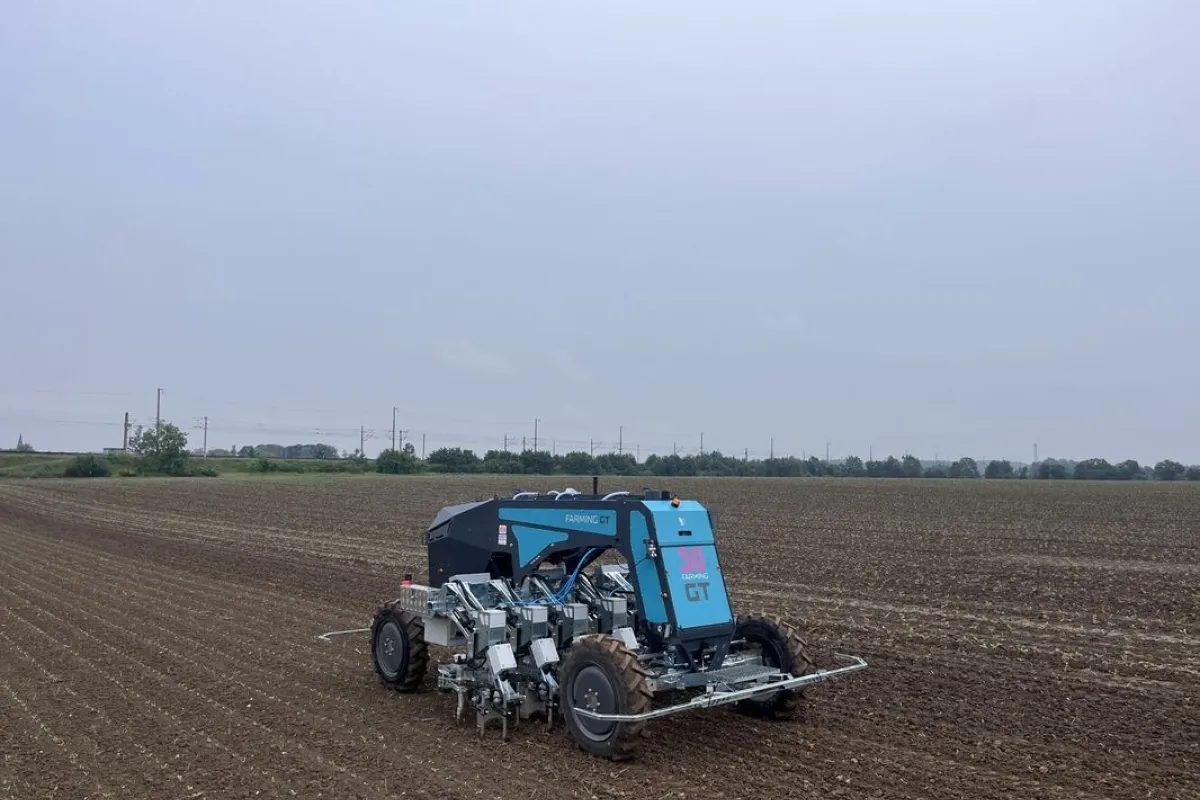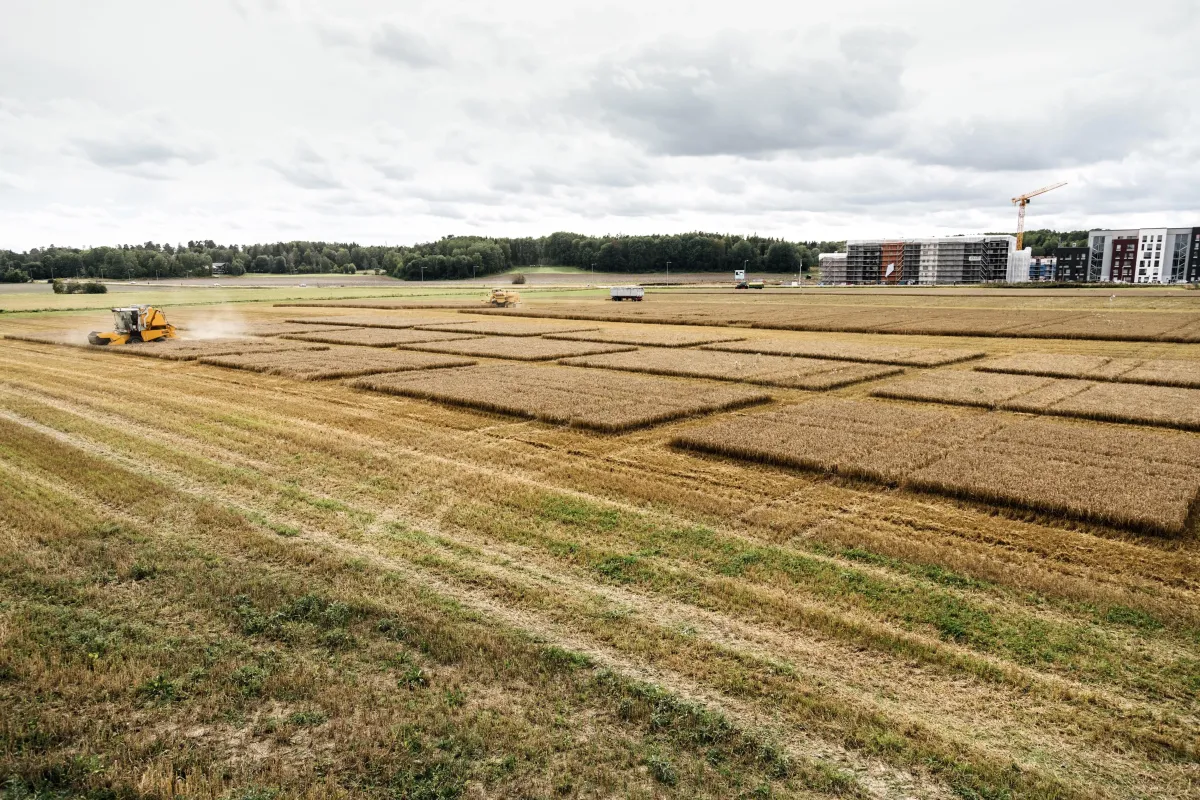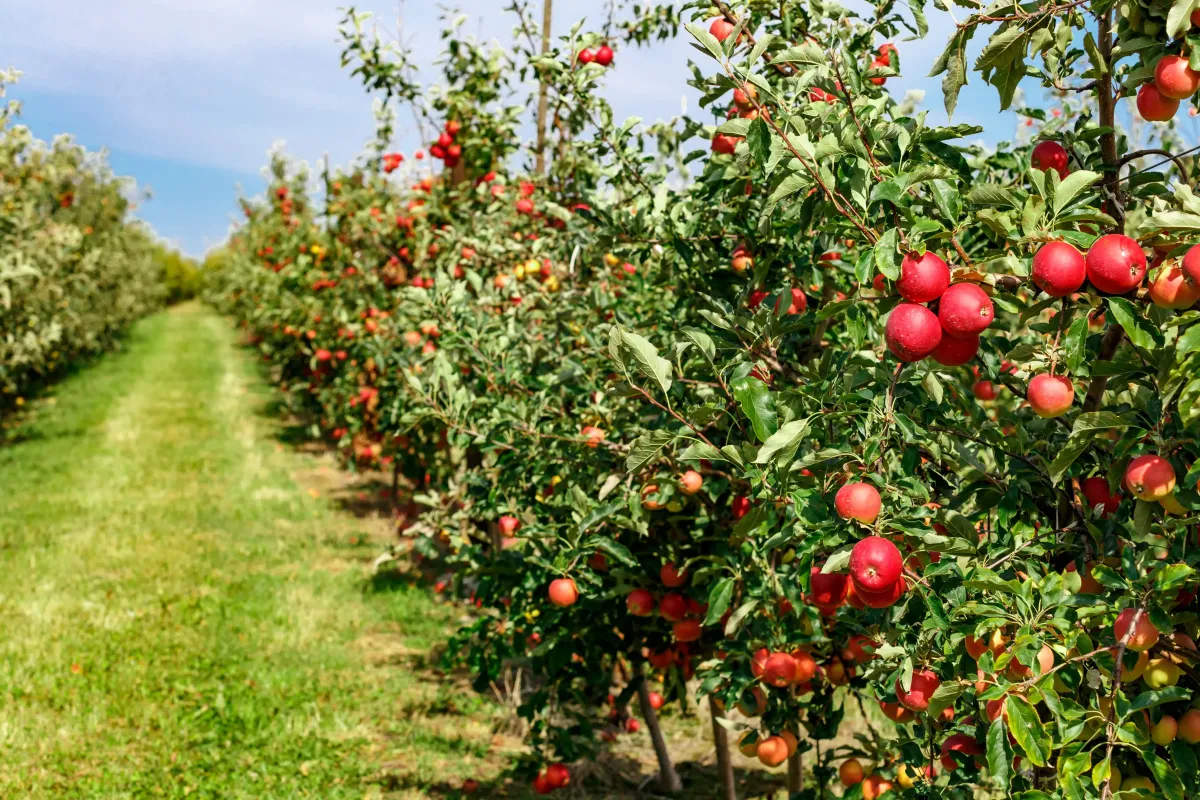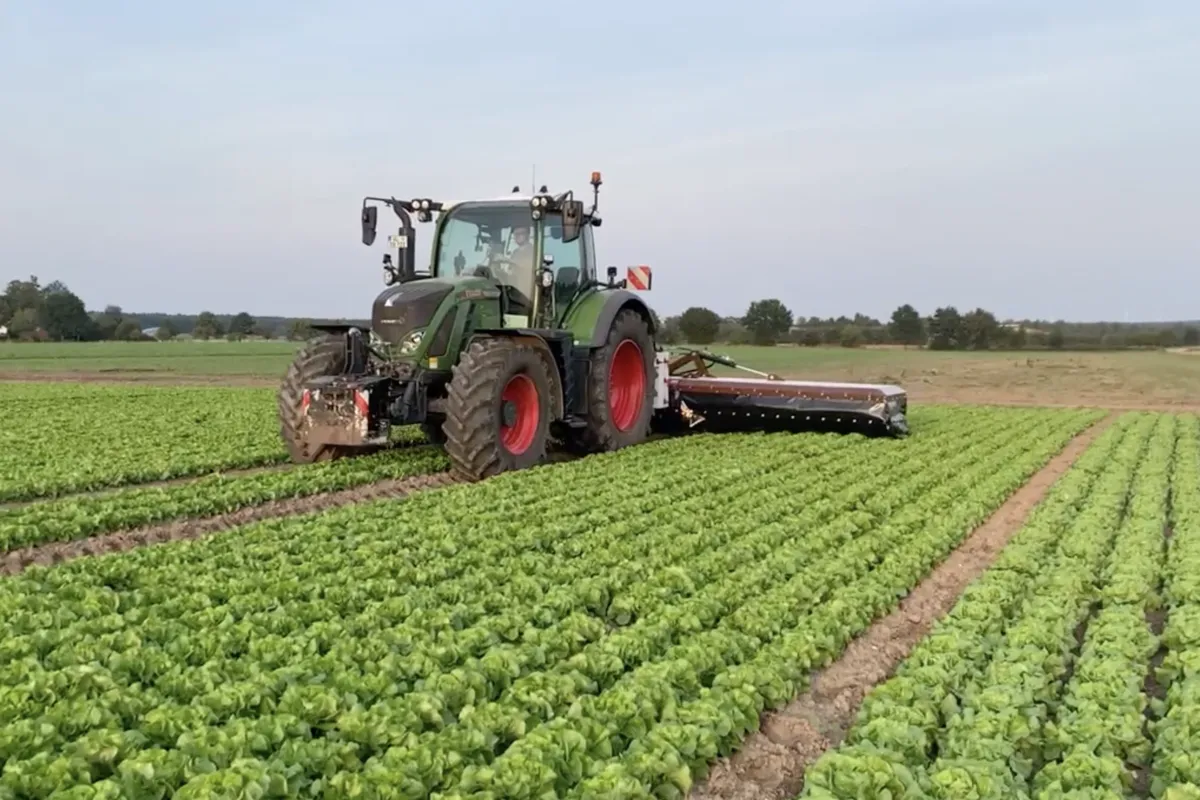
Overview
Through this assessment, we offer customers a complete feasibility study of the use cases and systems that customers would like to test, comprising both technical and agronomic aspects. Examples of systems requiring physical testing include (but are not limited to) precision sprayers, weeding machines, robotised fruit picking systems, and other implements; examples of subsystems include (but are not limited to) perception systems (e.g., based on vision), autonomous driving modules, localisation systems, and mapping and navigation subsystems. This assessment is crucial to provide customers with key information on elements of the system that need to be further developed to become “fit for testing”. It can also identify changes to apply to either the system or AgrifoodTEF’s testing facilities to meet the test requirements.
More about the service
Before embarking on an experimental campaign, it is often beneficial for a company to discuss with AgrifoodTEF the features of the system or subsystem to be tested and the chosen use cases. This service allows the customer to examine such issues in detail together with personnel specialised in AI, robotics, advanced agricultural machinery and agronomic research. This service is very flexible in order to meet each customer's specific needs.
The second stage requires an analysis of system features to be tested and an analysis of the subsystems providing individual capabilities to be tested. During this second stage, the customer can decide to share technical details about their solution and/or the results of preliminary testing, under NDA if needed.
Finally, we evaluate how the current system features align with the desired outcomes and test requirements and provide guidelines and advice about how this alignment can be improved.If required, this service can be tied to other AgrifoodTEF services aimed at designing the elements of experimental testing campaigns (services S00106, S00107, S00108).
The customer wants to: i) improve the performance of the current solution, ii) extend the validation to the Cabernet Sauvignon grape variety. Based on these requirements, the desk assessment service provides the customer with: a list of priority changes to apply to the system (e.g., overview of functionalities to integrate from more recent and up-to-date models, recommended sensor upgrades with makes and models, …), an analysis of error causes and technical barriers (e.g., detection based on hyperspectral cameras not mature enough, significant investments in chemical analyses and expert human assessment also required), a mapping of the requirements to resources already available within the consortium or in the market (e.g., facilities within the consortium that enable controlled irrigation, existing datasets covering the Cabernet Sauvignon variety, …).
